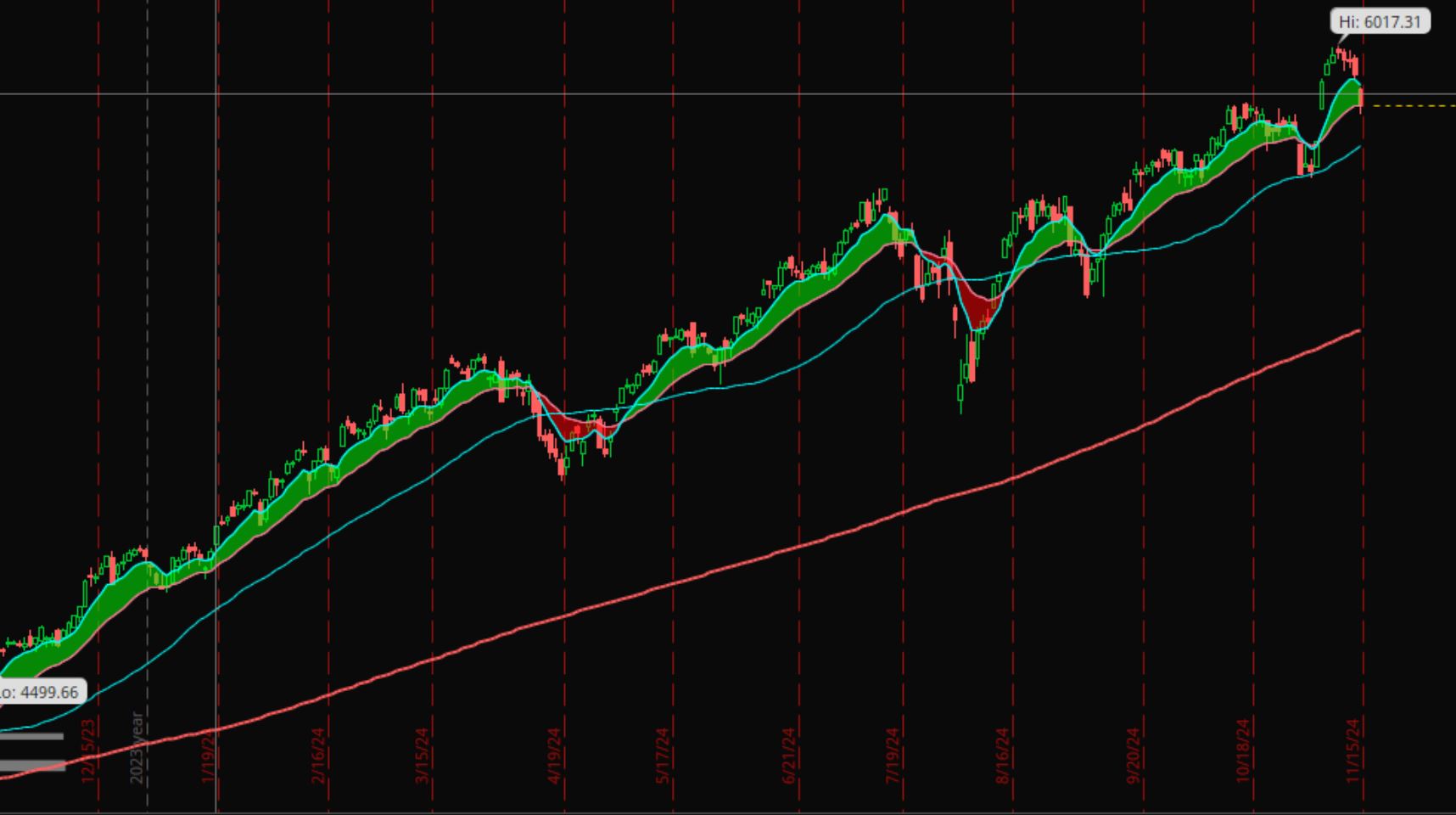Chapter 1: Understanding the Stock Market
The stock market is a cornerstone of modern investing, yet its mechanics can seem opaque to newcomers. In this chapter, we’ll break down what the stock market is, how it operates, and what investors need to know to participate confidently.
What Is the Stock Market?
The stock market is a marketplace where shares of publicly traded companies are bought and sold. It serves as a platform for companies to raise capital by issuing shares and for investors to own a piece of these companies. The value of these shares fluctuates based on various factors, including company performance, market conditions, and investor sentiment.
There are two primary components to the stock market:
Primary Market: This is where companies issue new shares through Initial Public Offerings (IPOs) to raise capital.
Secondary Market: This is where previously issued shares are traded among investors. Major stock exchanges like the New York Stock Exchange (NYSE) and NASDAQ facilitate this trading.
How Does the Stock Market Work?
Stock exchanges act as intermediaries, matching buyers and sellers of shares. When you place an order to buy or sell a stock through a brokerage, the order is executed on an exchange. Here’s a simplified process of how it works:
Company Listing: A company goes public and lists its shares on a stock exchange.
Investor Orders: Investors place buy or sell orders through a brokerage firm.
Order Matching: The exchange matches buyers with sellers and executes the trade.
Ownership Transfer: Once the trade is completed, the ownership of the shares transfers from the seller to the buyer.
Do You Need a Brokerage Firm?
Yes, investors need a brokerage firm to participate in the stock market. A brokerage serves as the intermediary between you and the stock exchange, enabling you to buy and sell shares. Modern brokerages offer online platforms with tools for research, analysis, and portfolio management.
As of this writing, Interactive Brokers is the only reliable broker available for residents of Cambodia. There are many choices to choose from for US residents.
When choosing a brokerage, consider factors like fees, ease of use, and customer support. Additionally, ensure the brokerage is a member of the Securities Investor Protection Corporation (SIPC).
What Is SIPC Insurance?
The SIPC provides limited protection for investors in the event a brokerage firm fails. If a member brokerage goes bankrupt, the SIPC ensures that investors can recover up to $500,000 in assets, including up to $250,000 in cash. Note that this insurance does not cover investment losses due to market declines; it only applies if the brokerage mishandles or loses your assets.
Why Understanding the Stock Market Matters
Knowing how the stock market operates is essential for making informed decisions. By understanding its mechanics, you can:
Avoid common misconceptions.
Recognize the risks and opportunities.
Build confidence in managing your investments.
With this foundational knowledge, you’re ready to explore the principles of investing, which will help you create a strategy tailored to your financial goals.












Leave a Reply